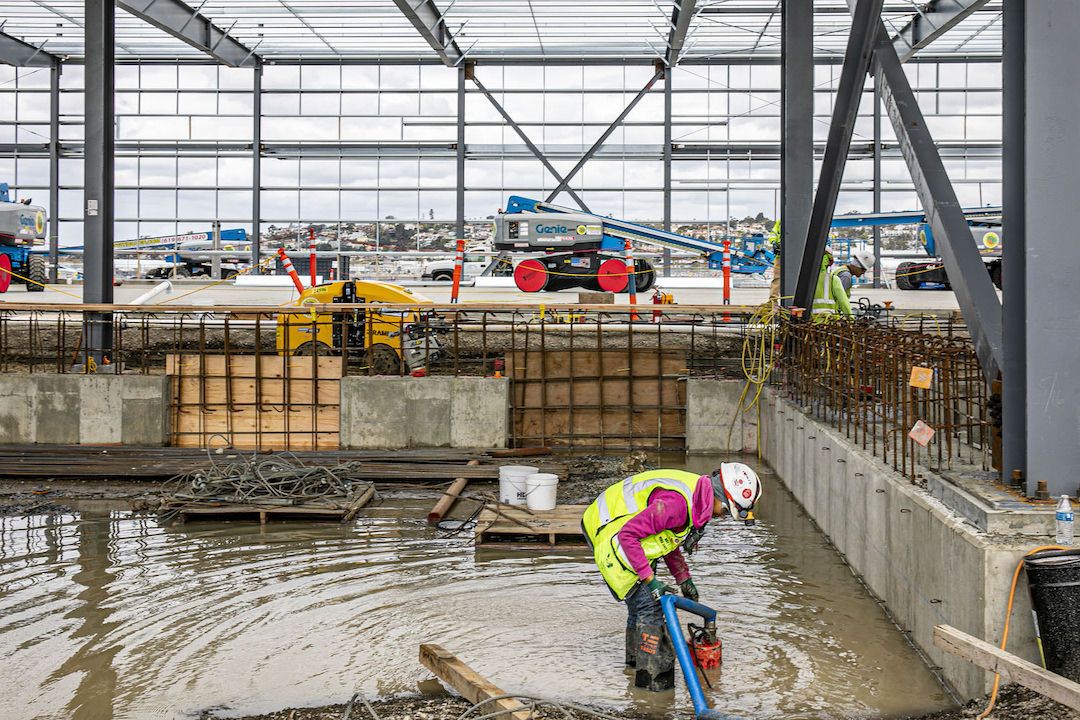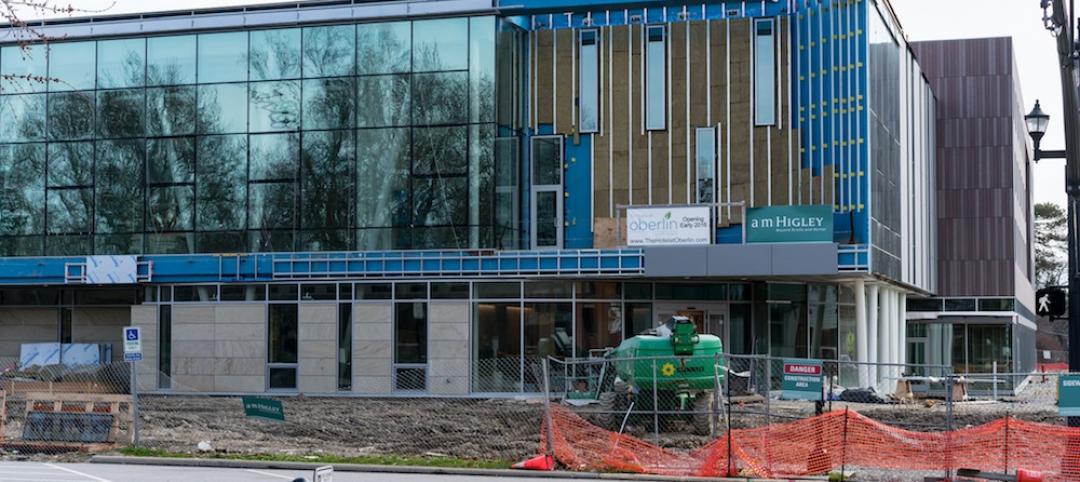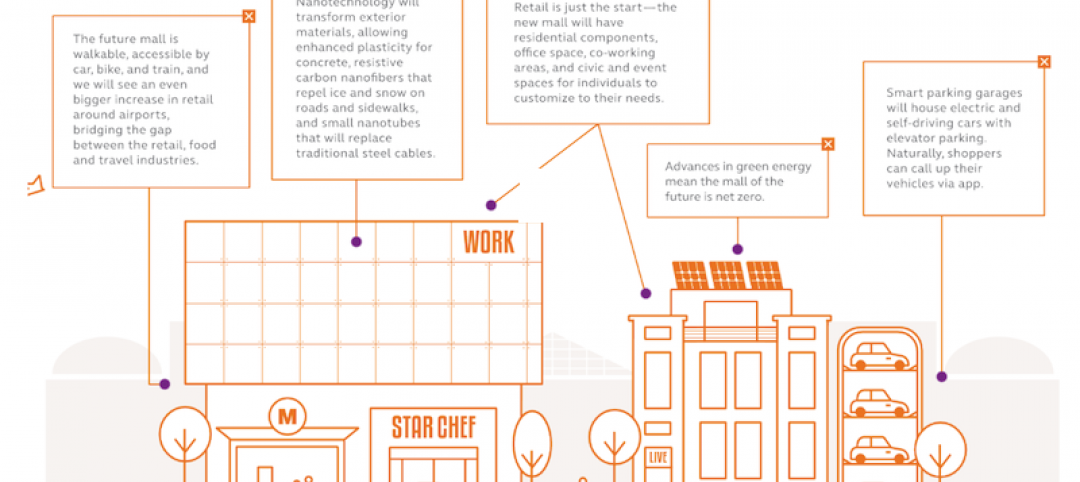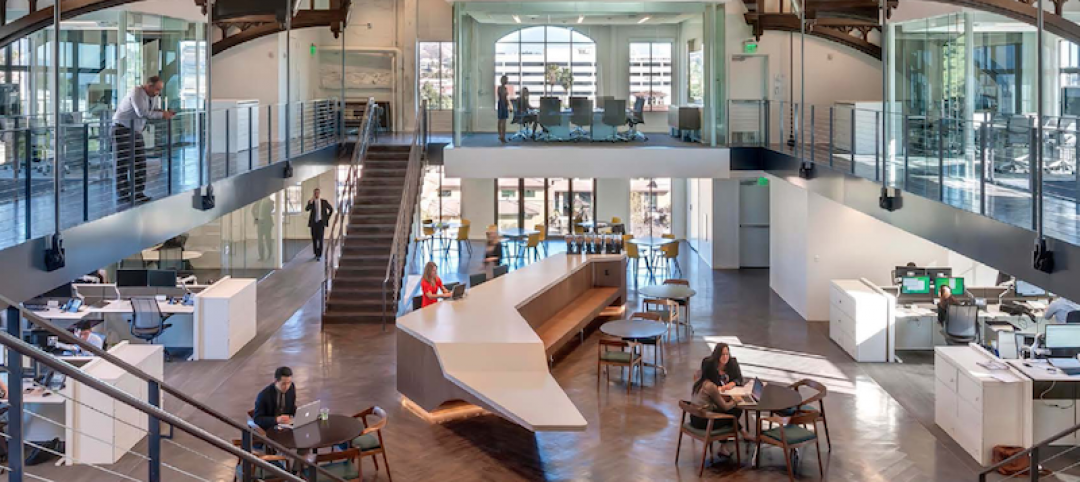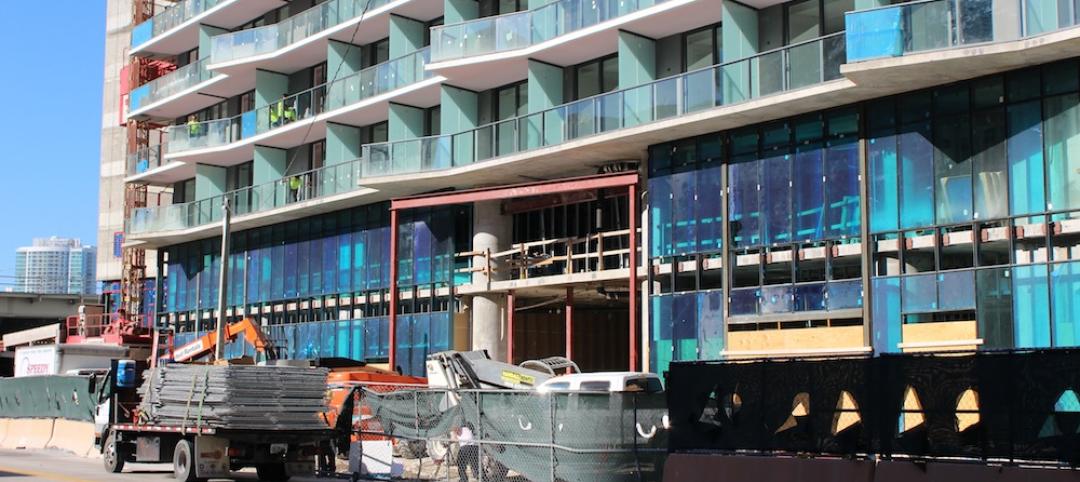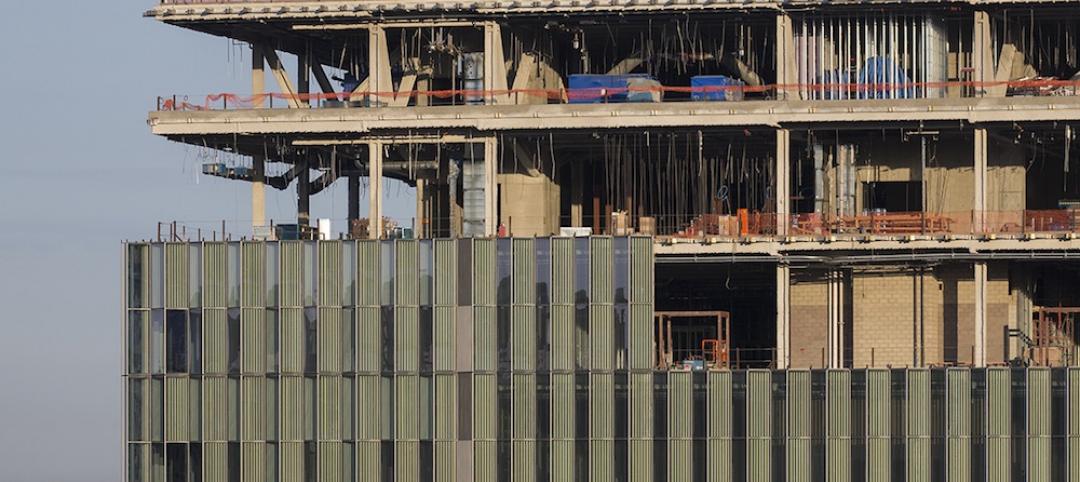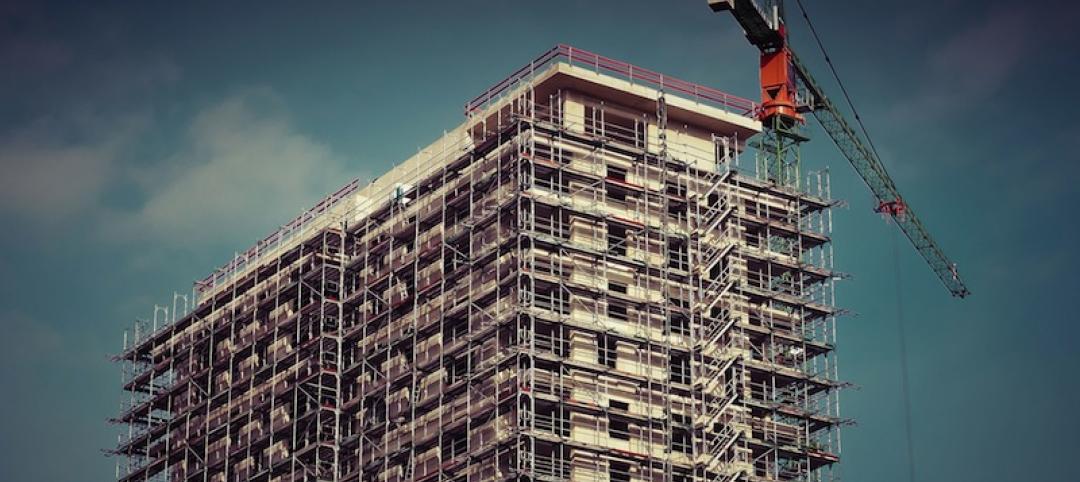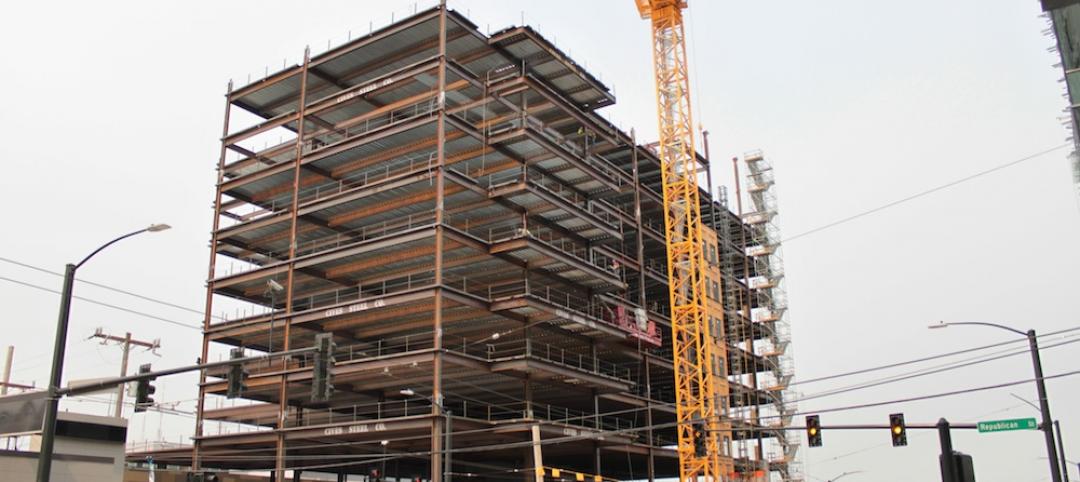Nearly two out of three U.S. metro areas added construction jobs between October 2020 and October 2021, according to an analysis by the Associated General Contractors of America of government employment data released today. Association officials noted that the job gains would likely have been larger and more widespread if firms weren’t dealing with the twin challenges of supply chain problems and labor shortages.
“While it is heartening that construction is recovering from the lows of 2020 in much of the country, the pandemic is still causing major supply-chain problems and is keeping some workers from seeking employment,” said Ken Simonson, the association’s chief economist. “Those impediments threaten to limit construction employment gains in many metros.”
Construction employment increased in 236 or 66% of 358 metro areas over the last 12 months. Sacramento--Roseville--Arden-
Construction employment declined from a year earlier in 72 metros and held steady in 50. Nassau County-Suffolk County, N.Y. lost the most jobs (-6,700 or -8%), followed by New York City (-5,500 jobs, -3%); Orange-Rockland-Westchester counties, N.Y. (-3,600 jobs, -8%); Dallas-Plano-Irving, Texas (-2,800 jobs, -2%) and Calvert-Charles-Prince George’s counties, Md. (-2,600 jobs, -8%). The largest percentage declines were in Evansville, Ind.-Ky. (-17%, -1,700 jobs); Altoona, Pa. (-13%, -400 jobs); Watertown-Fort Drum, N.Y. (-11%, -200 jobs); and Gary, Ind. (-10%, -1,700 jobs).
Association officials urged the Biden administration to continue working to reduce tariffs on key construction materials, and to take additional steps to ease supply chain problems at ports and other shipping facilities. They added that the association was working to recruit more people into the construction industry, and the recently enacted Bipartisan Infrastructure Bill should send a positive message to many workers about the expanding career opportunities in construction.
“Firms are struggling to source materials for projects, coping with rising prices for those materials, all while eagerly searching for workers to put those materials in place,” said Stephen E. Sandherr, the association’s chief executive officer. “We are eager to work with public officials to address supply chain challenges even as we work to recruit more people into high-paying construction careers.”
View the metro employment data, rankings, top 10, and new highs and lows.
Related Stories
Market Data | Apr 4, 2016
ABC: Nonresidential spending slip in February no cause for alarm
Spending in the nonresidential sector totaled $690.3 billion on a seasonally adjusted, annualized basis in February. The figure is a step back but still significantly higher than one year ago.
Market Data | Mar 30, 2016
10 trends for commercial real estate: JLL report
The report looks at global threats and opportunities, and how CRE firms are managing their expectations for growth.
Market Data | Mar 23, 2016
AIA: Modest expansion for Architecture Billings Index
Business conditions softening most in Midwest in recent months.
Retail Centers | Mar 16, 2016
Food and technology will help tomorrow’s malls survive, says CallisonRTKL
CallisonRTKL foresees future retail centers as hubs with live/work/play components.
Market Data | Mar 6, 2016
Real estate execs measure success by how well they manage ‘talent,’ costs, and growth
A new CBRE survey finds more companies leaning toward “smarter” workspaces.
Market Data | Mar 1, 2016
ABC: Nonresidential spending regains momentum in January
Nonresidential construction spending expanded 2.5% on a monthly basis and 12.3% on a yearly basis, totaling $701.9 billion. Spending increased in January in 10 of 16 nonresidential construction sectors.
Market Data | Mar 1, 2016
Leopardo releases 2016 Construction Economics Report
This year’s report shows that spending in 2015 reached the highest level since the Great Recession. Total spending on U.S. construction grew 10.5% to $1.1 trillion, the largest year-over-year gain since 2007.
Market Data | Feb 26, 2016
JLL upbeat about construction through 2016
Its latest report cautions about ongoing cost increases related to finding skilled laborers.
Market Data | Feb 17, 2016
AIA reports slight contraction in Architecture Billings Index
Multifamily residential sector improving after sluggish 2015.
Market Data | Feb 11, 2016
AIA: Continued growth expected in nonresidential construction
The American Institute of Architects’ semi-annual Consensus Construction Forecast indicates a growth of 8% in construction spending in 2016, and 6.7% the following year.


